Unlike Neuralink, Synchron’s stent-like neural implant is a brain-computer interface that’s inserted through the jugular vein.
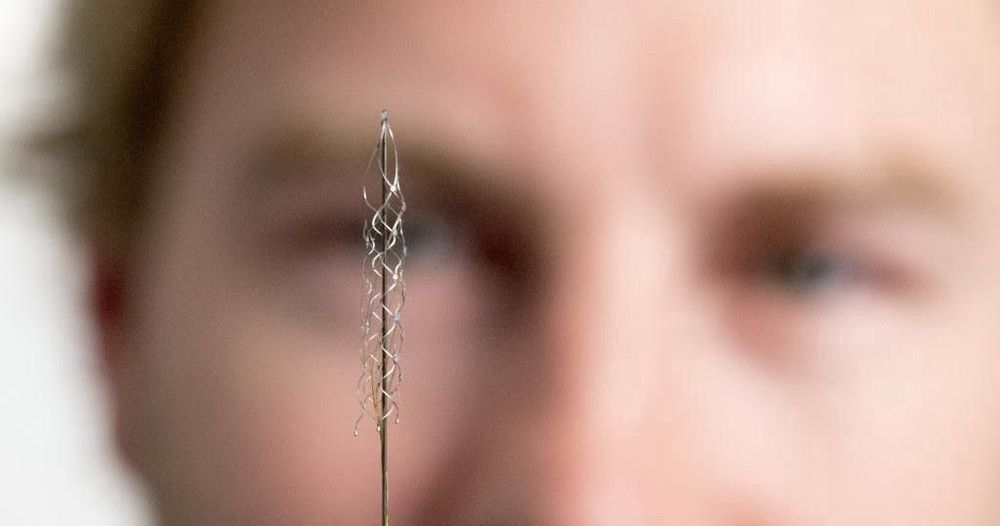

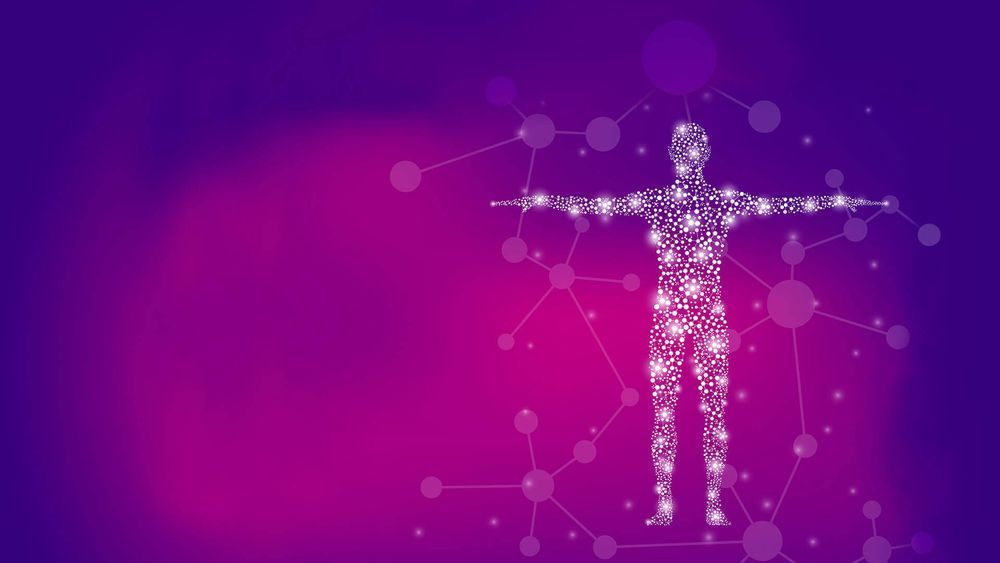
For the “big data” revolution to continue, we need to radically rethink our hard drives. Thanks to evolution, we already have a clue.
Our bodies are jam-packed with data, tightly compacted inside microscopic structures within every cell. Take DNA: with just four letters we’re able to generate every single molecular process that keeps us running. That sort of combinatorial complexity is still unheard of in silicon-based data storage in computer chips.
Add this to the fact that DNA can be dehydrated and kept intact for eons—500,000 years and counting—and it’s no surprise that scientists have been exploiting its properties to encode information. To famed synthetic biologist Dr. George Church, looking to biology is a no-brainer: even the simple bacteria E. Coli has a data storage density of 1019 bits per cubic centimeter. Translation? Just a single cube of DNA measuring one meter each side can meet all of the world’s current data storage needs.
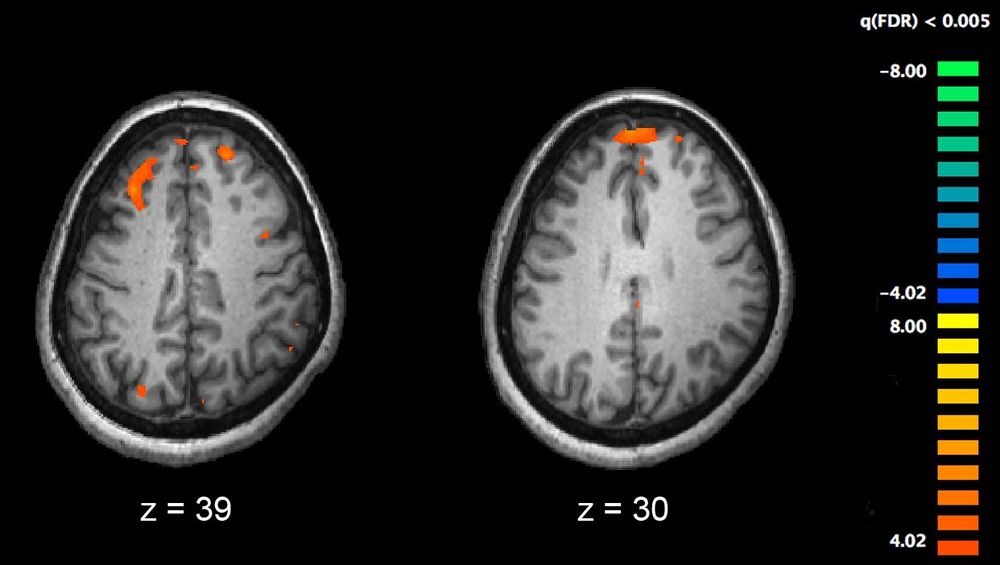
Schizophrenia is a severe mental health condition that causes significant disability, and affects 1 in 100 people. Patients with schizophrenia commonly experience negative symptoms, which include lack of motivation, social isolation and inability to experience pleasurable feeling. The current antipsychotics minimally improve these negative symptoms, and there are no currently licensed treatments. In addition, it is estimated that total service costs for schizophrenia in England alone will be £6.5 billion by 2026. In view of this, there is considerable interest in identifying potential treatment targets for these symptoms. However, the nature of the changes in brain chemistry that contribute to these negative symptoms is unknown.
Mu-opioid receptors (MOR) are found in a region of the brain called the striatum and they play a crucial role in how we experience pleasure and reward. Our bodies naturally produce opioid molecules that include endorphins; which are hormones secreted by the brain that are known to help relieve pain or stress and boost happiness. MORs are receptors that bind these naturally produced endogenous opioid molecules, and stimulation of the MOR system starts a signalling cascade that causes an increase in motivation to seek reward and increase food palatability amongst many other effects. Interestingly, MORs were found to be reduced in the striatum post-mortem in schizophrenia. So, it was unclear whether the availability of these receptors was increased when individuals were alive, or whether reduced MORs was related to the negative symptoms of schizophrenia.
The latest brain scan research from the Psychiatric Imaging group at the MRC LMS published on 3 October in Nature Communications has reported how the MOR system contributes to the negative symptoms displayed in schizophrenia patients. For the first time, this research study showed how MOR levels are significantly reduced in the striatum region of the brain. Thus, a lack of MOR system stimulation in the brain contributes to these negative feelings that schizophrenia patients can experience.
One of the most astonishing revelations might be that information equals reality. In other words, the basis for our material reality is actually immaterial information. Pattern and flow of information is what defines our experiential reality.
Everything boils down to the binary code of Nature. This is a basic tenet of Digital Physics which is the science of information. Nature computes. Deep down we are information technology. We run on genetic, neural and societal codes. Our DNA-based biology is clearly code-theoretic. We are alphabetic all the way down. We communicate intersubjectively mind-to-mind via language-structured exchange of information.
A recent study shows that human speech is transmitted at about 39 bits a sec. Idealist philosopher Terence McKenna used to say that “The world is made of language and if you know the words the world is made of you can make of it whatever you wish.”

“I don’t want to interrupt Lucas’ neurodevelopment — he’s on the same path that a child his age would normally be,” Vogel said, adding that he’s started eating baby cereal and baby food. “We intervene with the best intentions and then possibly delay someone’s recovery — I don’t want to stunt his growth or neurodevelopment.”
In the future, Vogel said they will work with his family on cosmetic goals as well but that he has normal facial features, meaning the area the will need to address is the top of his skull. He added that the more bone he develops the more of his own tissue they can use, which will “lead to a better outcome.”
Vogel said the waiting has also paid off, as at a recent visit with Lucas he was lifting his head and trying to crawl, which is something a babies typically master between six and 10 months of age.

A role for the gut microbiome on the health and functioning of many tissues, including the brain, liver, kidney, and adiposity, has been widely reported in the literature. Interestingly, 2019 might be the year that the role of the gut microbiome on skeletal muscle (i.e. the gut-muscle axis) comes into greater focus.
The influence of the gut microbiome on muscle strength
In April, Nay et al. reported that endurance exercise capacity was reduced in mice that do not contain a microbiome (germ-free mice, GFM) when compared with conventionally raised, microbiome-containing mice. This finding suggests that there are microbes in the gut that positively influence aerobic exercise performance.
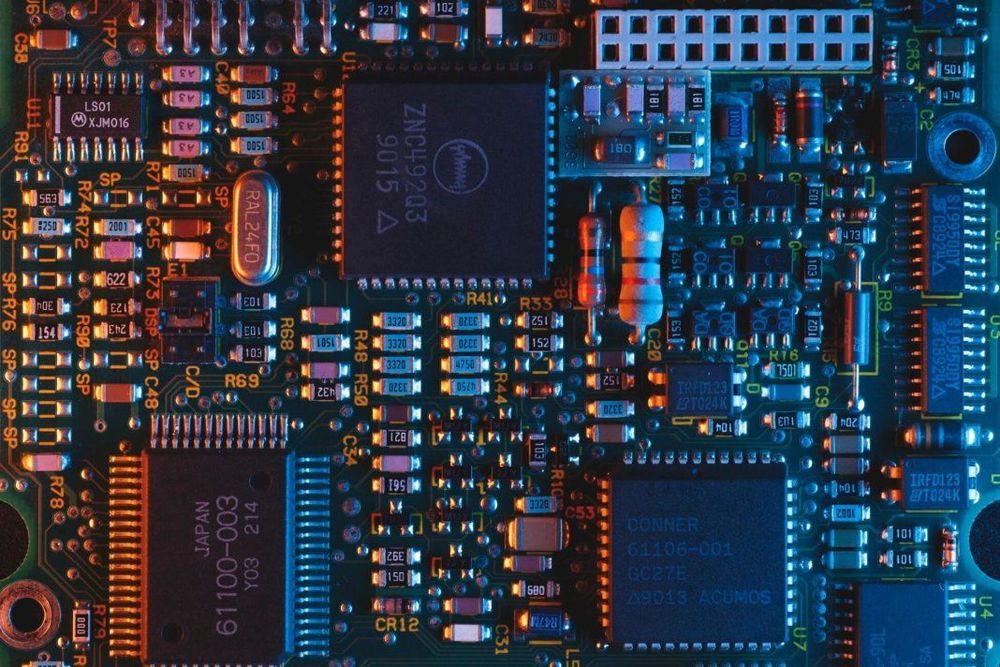
“Dark silicon” sounds like a magical artifact out of a fantasy novel. In reality, it’s one branch of a three-headed beast that foretells the end of advances in computation.
Ok—that might be too dramatic. But the looming problems in silicon-based computer chips are very real. Although computational power has exploded exponentially in the past five decades, we’ve begun hitting some intractable limits in further growth, both in terms of physics and economics.
Moore’s Law is dying. And chipmakers around the globe are asking, now what?
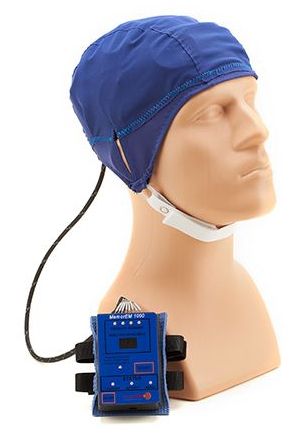
A small clinical trial, announced by U.S. company NeuroEM Therapeutics, shows reversal of cognitive impairment in Alzheimer’s disease patients after just two months of treatment using a wearable head device. Electromagnetic waves emitted by the device appear to penetrate the brain to break up amyloid-beta and tau deposits.